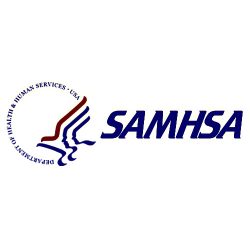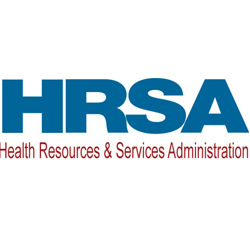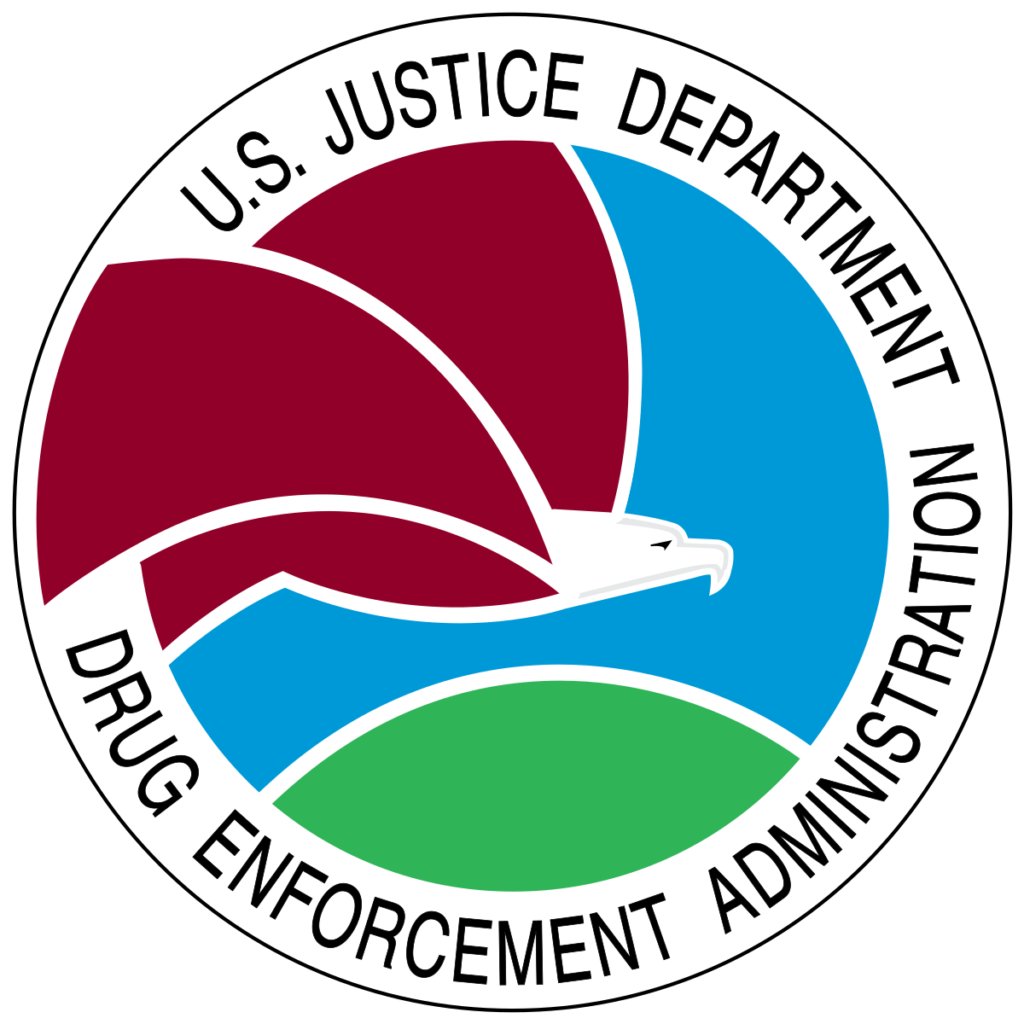Save the Date: Behavioral Pharmacology of Cannabis – Trends in Use, Novel Products, and Impact

Webinar on Tuesday, July 15, 3–4:30 p.m. ET. As cannabis use continues to rise among young adults, adults, and senior adults, it is essential to understand patterns of use and the evolving range of cannabinoid products.
Naloxone Saturation Policy Academy Retrospective Report

Report summarizes the materials from the Naloxone Saturation Policy Academies (NSPA) three cohorts of 26 states, DC, and Puerto Rico into a single summary report that can be shared with state and other leaders. It includes six state spotlights highlighting work done since the policy academy.
SAMHSA Publishes Guidance on Benzodiazepine Use in Older Adults

SAMHSA has released a Dear Colleague Letter offering guidance on benzodiazepine (BZD) use in older adults.
SAMHSA Launches Center for Addiction Recovery Support

The Substance Abuse and Mental Health Services Administration’s (SAMHSA’s) Office of Recovery, in partnership with One World Recovery Network (OWRN), launched the Center for Addiction Recovery Support (CARS). CARS is ready to provide essential training and technical assistance (TTA) to help organizations better provide recovery supports to individuals facing substance use and co-occurring mental health challenges
Addiction Medicine Fellowship Program Funding

The Health Resources and Services Administration (HRSA) released a new Notice of Funding Opportunity (NOFO) to expand the number of fellows at accredited Addiction Medicine Fellowship (AMF) and Addiction Psychiatry Fellowship (APF) programs trained as addiction medicine specialists who work in underserved, community-based settings that integrate primary care with mental health disorders and substance use disorder prevention and treatment services.
SAMHSA Releases Substance Use Disorder Treatment Month Toolkit

SAMHSA has released a toolkit for the first Substance Use Disorder Treatment Month, to be observed January 2025.
New SAMHSA Resource: Financing Peer Crisis Respites in the United States

SAMHSA’s Financing Peer Crisis Respites in the United States report is a study from SAMHSA’s Center for Financing Reform and Innovation (CFRI) is releasing a report on peer crisis respites as part of a recovery-oriented continuum of crisis care. The report and webinar identify common characteristics, operations, and funding of peer crisis respites in a national sample of programs across the United States.
Prescribe with Confidence

Many primary care providers likely already provide medical care to people who also have opioid use disorder (OUD). There are a lot of people with OUD who need or want treatment but have not yet received any. That includes some people who do not have access to specialty care for this purpose.
Support for Expanding MOUD

DEA supports collaboration amongst all DEA registrants to ensure there is an adequate and uninterrupted supply of MOUD products when appropriately prescribed. Distributors should carefully examine any quantitative thresholds they have established to ensure that individuals with opioid use disorder (OUD) who need buprenorphine are able to access it without undue delay.
An Addiction Psychiatrist’s Encounter with a DEA Scammer

Increased overdoses, many attributed to an influx of synthetic fentanyl, has put a spotlight on those who care for patients with opioid use disorders. Hundreds of prescribers are being targeted in an elaborate scam by imposters posing as DEA agents in an attempt to extort money. Over a series of phone calls, the imposters put their marks at ease, seeming to be on their side. By the time the imposters ask for money, many are willing to pay—just to make the issue go away. Scammers use the names of real DEA agents and alter their voices with artificial intelligence to make them sound as if they have regional accents that are convincing. The scammers are set up overseas.

